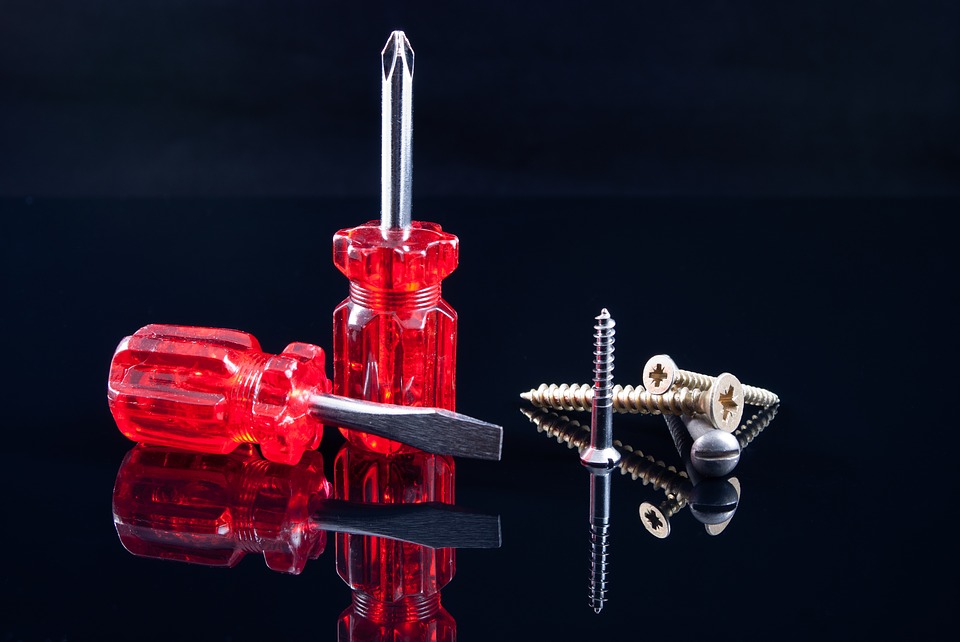As a property owner, whether you live in the property yourself or if you happen to be a landlord, the thought of your boiler breaking down probably fills you with feelings of dread and despair, and may even keep you up at night. Yes, a boiler breaking down can be potentially disastrous, as you will probably know that they’re incredibly expensive things to replace and repair. A boiler breaking down in the summer is a huge pain in the butt, but a boiler breaking down in the midst of winter is disastrous. The last thing you will want is for your boiler to break down when it’s freezing cold outside, leaving you with no heating and no hot water for several days, as well as having to shell out thousands on boiler repair or replacement. The good news however, is that by simply maintaining and looking after your boiler, you can prolong its life exponentially, which is exactly what you’ll be looking to do. Here’s a look at a few handy boiler repair and maintenance tips to prolong the life of your boiler, leaving it functioning efficiently as it should.
Have it serviced annually – First and foremost, the first thing you need to do to ensure your boiler functions effectively and lasts as long as it should, is to ensure that you arrange to have your boiler serviced annually by a trained professional. Professional boiler repairmen and experts will need to be certified as not anybody is qualified to be able to work with gas appliances. Gas safe engineers will give your boiler a once over, and will perform various diagnostic tests to see how efficient it is, and whether there is anything that can be done to make it more productive. If you fail to maintain your boiler, it can quickly develop minor faults, which can then lead to more serious faults, which can then lead to disastrous faults that could possibly be fatal in the event of a gas leak or carbon monoxide poisoning.
Regularly bleed your radiators – Another great way of ensuring your boiler remains efficient and productive is to regularly bleed the radiators in your home. If you notice that some radiators don’t heat up as quickly as they should, or even at all for that matter, it could be down to the fact that they’re full of sludge and detritus from your water pipes, which can then prevent the hot water from distributing properly. However, it could also be down to the fact that the radiators contain air, which will also prevent them from heating up properly. To rectify this issue however, you can bleed your radiators using radiator bleed keys, which will then release the air and help the water flow more efficiently. After bleeding your radiators, check the pressure of your boiler, which should now have dropped and will therefore need topping up.
Check the pressure of your boiler – Even if your boiler is working perfectly fine, you should still take the time to check the pressure of your boiler, as it will only take a few seconds, and it could serve as an indicator that perhaps something isn’t quite right. Each boiler should have a pressure level recommended by the manufacturer, and each boiler will inevitably lose pressure now and then, though not by much, providing it’s working as it should. Never EVER add more pressure to your boiler than is recommended, as doing so could result in burst water pipes, which again, will be disastrous. When topping up boiler pressure, very slowly turn the pressure valve, never try to rush it as you may add too much pressure too quickly.
Examine below the boiler – Below your boiler, the ground should be dry, if it is wet, or even slightly damp and leaking slightly, that leak will result in loss of pressure, and will mean that something is wrong. More often than not, a slight leak is down to a faulty pressure release valve, but the only way to know for certain is to pay a professional to give your boiler a once over. If you notice drips or dampness under your boiler, never ignore it, as the issue is only going to get worse.
Look at the colour of the flame of your boiler – Finally, the last thing you can do to help keep your boiler in tip-top condition and to ensure it is working as it should, is to look at the colour of the flame on the pilot light. The flame should be blue, if it is green, orange, or yellow, this could be a sign that the boiler is faulty, and ignoring it could result in carbon monoxide poisoning. Never ignore a different coloured flame as anything other than blue could mean that there is a serious problem with the boiler.
